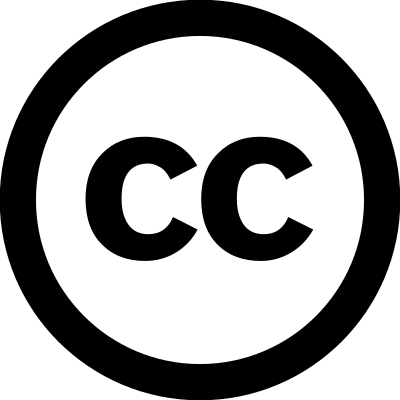Creative Commons Licenses
Licensing Open Educational Resources using Creative Commons Licenses
Creative Commons (CC) licenses are a form of copyright license devised for the digital age to create a legal, internationally recognised framework for sharing intellectual property.
CC licenses are designed to be easy to understand and use, and have become the gold standard for openly licensing content, including OERs. These licenses are used by individuals, companies and institutions to formalise the wide release of content, both online and offline. They are produced by the Creative Commons, a global non-profit organisation, which has affiliates in New Zealand and many other countries.
CC licenses contain machine-readable code, so that search engines can recognise the content that bears them. This enables OERs to be compiled by online repositories and content hubs that specialise in distributing educational materials. CC licenses also contain visual ‘badges’ that can be embedded into a licensed work to tell users what they can do and can’t do with the content. The combination of human- and machine-readable features makes CC licenses very well suited for OERs, and they are the best option for licensing other forms of IP at Otago Polytechnic (public reports, etc).
Currently six ‘flavours’ of CC license exist. Each license gives the end user a specific set of rights and restrictions, ranging from the very open (i.e., basically ‘do what you want with it’), to quite restrictive (i.e., ‘all you can do is share it, as is, with other users on a non-commercial basis’).
The two CC licenses favoured by Otago Polytechnic lie at the more open end of the spectrum:
Attribution (CC-BY): This license is the most open of all CC licenses, giving users the right to distribute, remix, modify, and build upon your work, even commercially. The only stipulation is that users must give you credit for your work when they distribute it in pure or modified form. This license is the OER ideal, because there are no limits to how the content can be used.
Attribution – Share Alike (CC-BY-SA): This license is the same as CC-BY (above), except that it contains an additional share-alike provision. This means that any new creations by the end-user that incorporate your content must be licensed under identical terms.
The Otago Polytechnic IP policy provides guidance on which of these licenses are best for different publishing scenarios. Once you have selected a license it is a relatively simple procedure to affix it to your resources and other publications.
To learn more about the Creative Commons approach, view the New Zealand CC introductory video.
| Licensing your work with a CC license is quick and easy – visit the license builder page on the CC website to see just how easy it is: http://creativecommons.org/choose/
|
